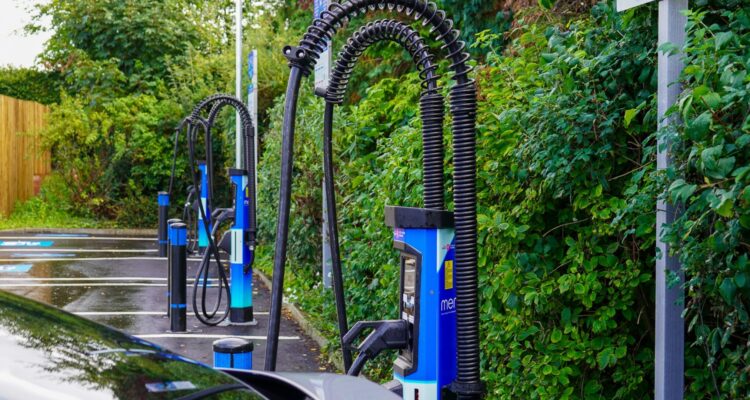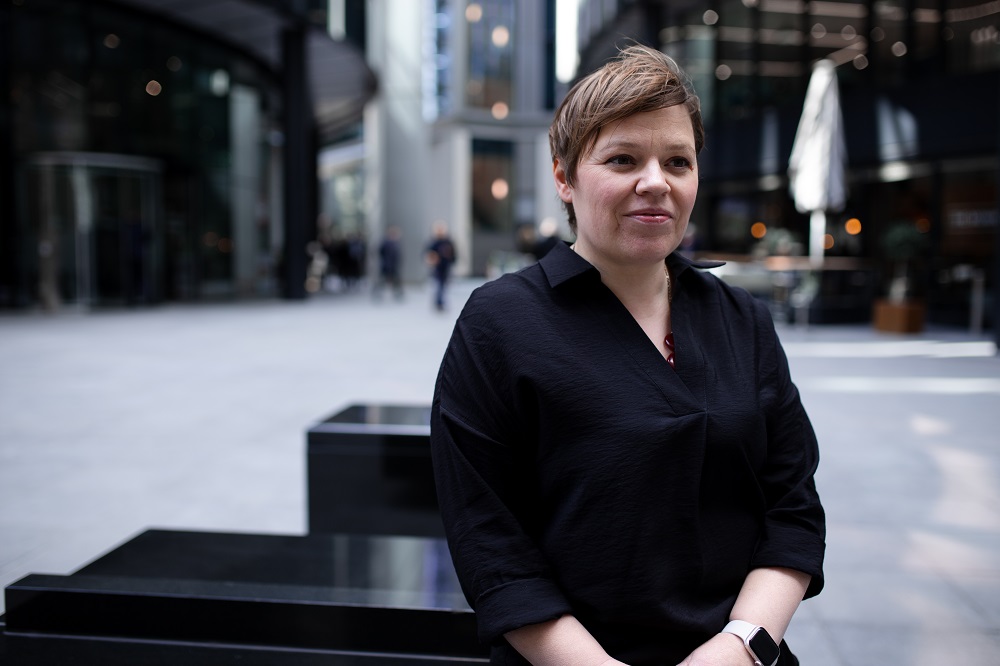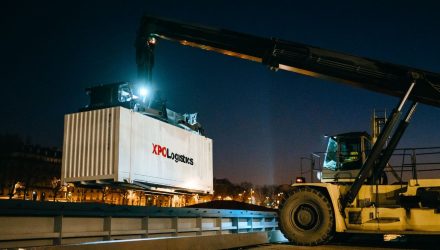Work to prepare for a carbon-free future remains on course despite mixed messages about the UK’s commitment to net zero. The transition to electric vehicles (EV) is gathering pace and the infrastructure to power this transition is continuing at speed and scale.
2023 has been a year of rapid developments across the EV ecosystem. Technology, legislation and culture have converged to drive interest and impetus. Mer expects this momentum to continue as the timelines to achieve key targets approach. Its experts share their views on the highlights of 2023 and the lessons that they will take forward into 2024 and beyond.
Elizabeth Warren, Interim Director of Public Charging shares the highlights of 2023.
“2023 has been a stonking year for the UK EV market. We’ve seen a huge increase in EV adoption encourage by policy support, the spread of ULEZ zones and easier access to EVs through salary sacrifice and leasing schemes like Octopus EV’s, which I talk about in this video.
“We’ve also seen a continued investment in the private workplace market as companies take action to meet internal and external net zero targets by switching their fleets to EV vans and cars. Ikea is an excellent case in point.
“The uptick in EV adoption has encouraged and supported much-needed investment into the EV infrastructure market as CPOs strive to meet demands for more multi-bay, ultra-rapid hubs, like Mer’s installs at Blue Diamond locations.
“Overall, 2023 has been an amazing year for the EV sector – with a combination of increased EV uptake, technological progress and policy support driving the industry forward to its ultimate goal: to provide a healthy environment for all.
“Mer’s contribution to this goal was recognised in the recent Charge Awards, where we were acknowledged for having created new systems, products and solutions to help customers through the sustainable energy transition and named “The World’s Best Green Brand.”
Paul Winchester, Head of Operations reflects on the current challenges that are still being faced.
“Across both public and commercial fleet charging, the biggest challenge remains the business case to electrify. The cost of both vehicles and infrastructure is still very high.
“The fleet and workplace EV sector faces a major challenge getting EV variants with the right range and payload capacity. Not all vehicles can immediately switch to alternative fuels; mainly vehicles that are 3.5T and above, converted, chassis vehicles, welfare units, tippers, dropsides, etc. A business may need to adapt its logistics operations if the current fleet models aren’t available in EV form.
“Power will continue to be a challenge. Existing levels of supply will not be enough to electrify commercial fleets in particular. Grid connection applications often require reinforcement with delays of months or even years. The knowledge, process, cost and resource required to upgrade or introduce new DNO connections can be complex; especially now because we’re seeing single MPAN restrictions, meaning second supplies may not even be possible.
“Challenges around the commercial contract necessities for CPOs need smoothing out. Hybrid property and energy contracts lead to misunderstandings and protracted negotiations. Similarly complex ownership structures and land rights that require permissions from multiple parties tend to slow down the mobilisation of infrastructure.
“That said, the EV industry has overcome many massive challenges in rapid succession to get us to where we are now. And there will be yet more to come. These challenges fuel development and will, I’m sure, be overcome with the creative an innovative thinking that characterises the industry.”
Alex Hinchliffe, Interim Managing Director considers what still needs to be addressed to meet 2035 goals.
“We have seen EV charging evolve enormously over the course of 2023. Technology enhancements, government legislation, environmental concerns have all had an impact on the decisions that people make about the transition to alternative fuelling methods. Nothing is going to stop that trajectory.
“The industry is overwhelming now with choice. Being well-informed of the capabilities and whether electrification is right for you or for your business involves building knowledge and working with experts to find the right solution to meet these challenges.
“Vehicle manufacturers and designers will continue to evolve their EV capability for both personal and commercial vehicles – improving range and payload capacity.
“Meeting power availability will see the take-up of alterative power options such as battery and solar, and there has to be a simpler more cost-effective way to implement upgrades or integrate new supplies.
“There is still a lot of work to do to meet 2035 goals, not just around infrastructure expansion but also bringing in a standardisation and interoperability between CPOs. It’s important that the industry now works towards clear regulatory goals and clear government policy to ensure the successful role out of EV charge points at the right speed, in the right place and at the right price.
“There is a lot of momentum within the EV charging industry. Its technology is improving all the time, so we should be confident that these challenges will be met. The industry must recognise that the aftercare, utilisation and performance of the infrastructure once installed is perhaps the most important metric for our customers. Simple, reliable, consistent charging experiences for drivers of any EV – from the private driver using public charging networks to major commercial fleets – are the critical factor in ensuring the success of vehicle electrification and achieving those 2035 targets.”
Through its extensive experience within renewable energy and electric mobility, Mer is combining the best of both worlds to power the European shift towards electric mobility. To fin out more visit www.mer.eco









